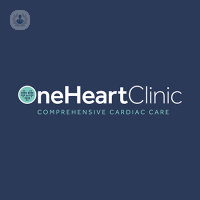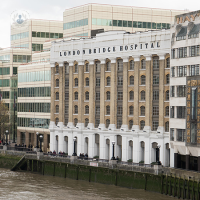PoTS syndrome
What is PoTS syndrome?
PoTS syndrome is a condition where your heart beats significantly faster when you become upright from a seated or lying position. Many of us will experience an elevated heart rate when standing up, but in patients with PoTS syndrome, the heart carries on beating faster for a sustained period of time. Unlike many heart conditions, however, PoTS syndrome does not involve any change in blood pressure.

What are the symptoms?
The main symptom people report is feeling dizzy, lightheaded, or faint. Other symptoms can include:
- abdominal pain
- joint aches and pains
- constipation
- difficulty concentrating
- anxiety or depression
How is PoTS syndrome diagnosed?
Diagnosis of PoTS syndrome is complex and requires the involvement of a cardiologist. You will be asked to give a detailed history of your symptoms. You may also be asked to undergo some tests, including an electrocardiogram, echocardiogram, and a tilt table test, which looks at what happens when you become upright from a lying position and tracks your heart rate.
What causes PoTS syndrome?
The causes of PoTS syndrome are not yet fully understood. Some researchers have identified a greater chance of being affected by PoTS syndrome if you have anaemia, diabetes, or an autoimmune disease such as lupus.
PoTS syndrome mostly affects women of a childbearing age and pre-menopausal women. Young women are more than four times likely to be affected as men of the same age.
How is PoTS syndrome treated?
Treatment for PoTS syndrome depends on the symptoms you are most concerned by:
- Dizziness and a rapid heart rate can usually be managed without drugs. Your doctor can give you advice on fluid and salt intake, physical manoeuvres to avoid dizziness, and advice on how to stand for long periods of time. Sometimes you may be prescribed drug treatments to keep the heart rate under control
- For joint aches and pains you are likely to be treated by a rheumatologist who may presribe druge treatment or recommend exercises
- A psychotherapist can help you with any memory problems or anxiety that you experience as a result of PoTS syndrome
















